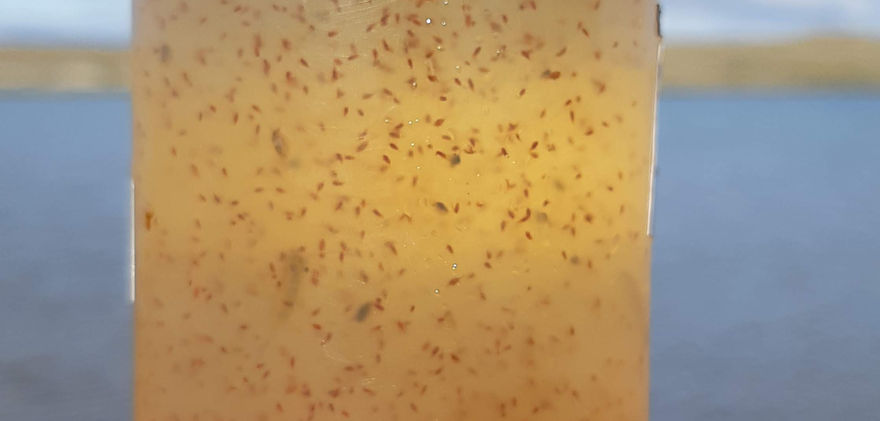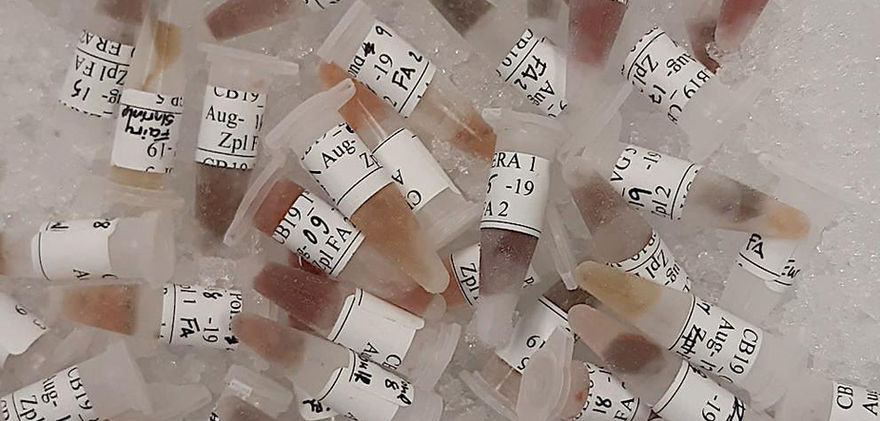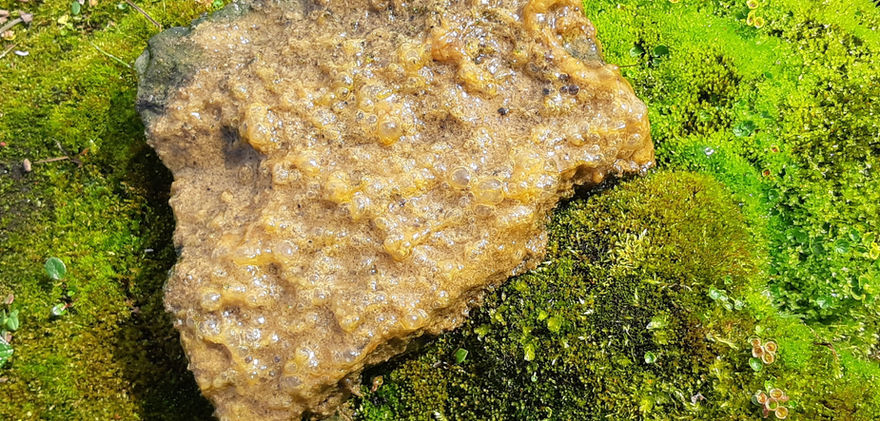top of page

Pénélope Blackburn-Desbiens
MSc student
Arctic ponds plankton communities in face of climate change
Lakes and ponds are an integral part of Arctic landscapes and occupy an invaluable cultural value for the indigenous communities that have lived there for millennia. These Arctic ecosystems are considered to be sensitive indicators of environmental change and are of great importance, considering that the Arctic is warming twice as fast as the rest of the world. Recently, several Arctic ponds have shown changes following the thawing of permafrost and rising temperatures. Indeed, several Arctic ponds have disappeared, causing with them a great loss of diversity and richness of species. However, ponds play an important role in supporting other ecosystems during seasons of high hydrological connectivity. It is therefore important to know the impacts that climate change will have on these ecosystems in order to be able to estimate impacts on a larger scale.
The main objective of this study is to characterize the productivity and species composition of plankton in Arctic ponds and compare them with those of Arctic lakes and to estimate how both respond to climate change.

Pénélope Blackburn-Desbiens1*, Guillaume Grosbois2, Michael Power3 and Milla Rautio1
(1)Sciences fondamentales, Université du Québec à Chicoutimi (2)Department of Biology, University of Uppsala (3) Department of Biology, University of Waterloo
Pénélope did her master with Dr. Rautio and completed it in 2022. Before doing her master, she did her final bachelor project within the lab. And also worked there as a research assistant. She is now doing a PhD at UQAC with Dr. Catherine Girard.
Email : penelope.blackburn-desbiens1@uqac.ca
Below you can see her master project description, a video and beautiful field photos !
bottom of page











